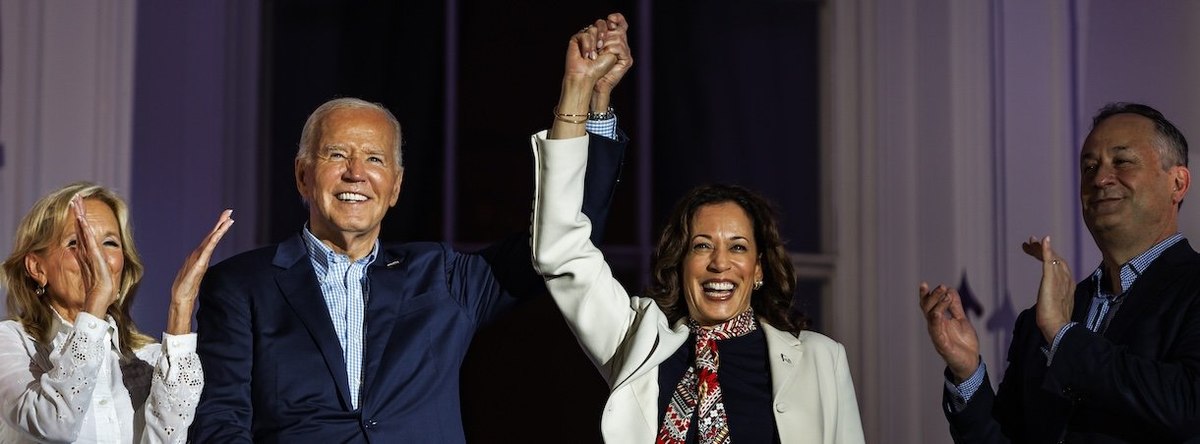The Life and Very Slow Decay of A Single-Issue Party
 |
| A Republican National Convention (RNC) |
Until 1854, the primary political parties in the US were the Democrats and Whigs. That year, the Republican Party started in Ripon, Wisconsin. It united people against the Kansas-Nebraska Act. This allowed for the possibility of slavery in new states after referendum. The party found enthusiastic support in the North. Its predecessor was the Free Soil Party, founded in 1848. In 1848, one of the most important years in history, the largest wave of European revolutions began overseas. The so-called "Springtime of Nations" were liberal in nature. Abolitionism, suffrage, and liberty influenced the early Republican Party. The party opposed the spread of slavery, as both a moral evil and a danger to farmers' and workers' interests. They saw the Democrats and Whigs as irredeemable, controlled by a "slaveholding power". This power restricted Northerners' economic interests of free labor - the ability to work to support oneself. Thus, we can say the Republicans started as a "single-issue party."
The party succeeded in abolishing slavery a decade later. But their platform was not fully realized. Single-issue parties like the Republicans face challenges of unity. Most fizzle out due to infighting (see also: Janata Party in India, Five Star Movement in Italy). But Republicans became popular to the point of ubiquity in the North. Anyone who was anyone was a Republican; so they remained. But, they ran out of stamina due to infighting, and by the 1880s abandoned civil rights or land redistribution in the South. They relied on certain big business, which were fine with a planned economy if it benefited them. Lincoln's successor and internal bickering prevented this. Republicans were expelled from the South. Land distribution from the “slave power” stopped, and reactionary elements remained powerful. Freed slaves and their allies did not receive property rights or security guarantees. The South was never liberalized.
By the early 1900s, the GOP had a diverse base. It included Northerners, business interests, urban progressives, workers, westerners, and enfranchised Blacks. There was little ideological unity here, save for tariffs to promote industry. Factionalism between business-friendly conservatives and urban progressives resulted in a crisis. The famous split in 1912 and later reunited, but the coalition was unstable. Such an unstable coalition could only exist in a party that had coalesced around a single issue.
How does a liberal anti-slavery movement find itself here?
FATE
Meanwhile, Democratic party changed: slowly and steadily, it became a center-left liberal organisation. The Great Depression was blamed on Republicans, who were handily defeated by Franklin D. Roosevelt's Democrats. FDR assembled a broad coalition based on social progress and modern liberalism. It was growing larger and larger. Democrats passed Social Security and an early welfare state. America transformed from a developing nation to a developed one. By 1948, Republicans weren't even able to beat Harry Truman, who faced attacks from both segregationists and the left. They had now lost five presidential elections in a row. Republican bosses sought to remain relevant. Popular General Eisenhower won under their banner, but it didn't translate to party popularity.
 |
| Democrat Harry Truman defeats Republican Thomas Dewey. |
The party was in chaos. In the 1930s, divided on the New Deal. In the 1940s, progressive Republicans started to switch parties. The party floundered in congress, not winning the house once from 1954 to 1994. Many of their backers despised Roosevelt for creating the New Deal. They tried antagonizing Democrats, but rarely presented a broad agenda of its own. In the 50s, they opposed and neutered to labour unions. In the 60s, opposition to the Great Society. Democrats were more likely to run on a legislative vision. Examples include Wilson's New Freedom, Roosevelt's New Deal, and Johnson's Great Society. When that didn't work, they turned to reactionary populism.
It began long before, but 1968 is when Republicans hit the point of no return. Richard Nixon's "southern strategy" aimed to shift the South from Democrats. Republicans tapped into white southerners' virulent racism. under the guise of "fiscal conservatism" and "states' rights". Senator Strom Thurmond of South Carolina , the most famous segregationist, became a Republican. From this point, Republicans would rely on this strategy to win elections. The reactionaries in the evangelical "religious right" fit seamlessly in this new system. This system has essentially continued into the modern day.
Naturally, their intellectual capital declined. Nowadays, the Republican Party continues to define itself by opposing Democratic policies. Democrats take office when economic problems arise, and Republicans take office once the Democrat becomes unpopular and the population becomes complacent with growth.
The one thing that united Republicans was tariff policy, which I mentioned earlier. The "neoliberal revolution" of the 1980s ended this. After this, both parties became split on tariffs and free trade (see here). With this, Republican were not united behind any vision for America. After the southern exodus from 1964 to the end of the century, the party became much more reactionary. Republicans now relied on "wedge issues" related to culture wars to get elected. Politicians who didn’t conform faced humiliation from their party or in the polls. George Bush made the sensible decision to raise taxes to prevent an economic crisis.
Modern demagogue Donald Trump is a symptom of the Republican Party's failure to govern. I won't go into him in detail because anyone who is reading this knows who he is. We now have a man and party, that insist on being the opposition, even when in power. Trump espouses only grievances while delivering zero policies to actually cure America's ills. The party with no identity in 100 years became the party of reaction, preying on Americans' worst instincts. And the United States is worse for it.
--------------------------------------------------------
POSTSCRIPT
Any "American Nationalist" would want to support their country by ensuring all Americans have access to social security through payroll taxes. But for a certain type of commoner it would be bad if a black or brown person received these benefits. And a certain elite opposes anyone getting these benefits, because they do not actually care about the good of their country. Because of this situation, a country that is 5 times poorer is about to make ours client state.
-----------------------------------------------------------------------------------
"If you can convince the lowest white man he's better than the best colored man, he won't notice you're picking his pocket. Hell, give him somebody to look down on, and he'll empty his pockets for you."
-Lyndon Baines Johnson
Thank you for reading. Please stay updated for more cool stuff later on.














